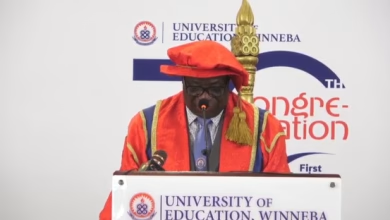Northern Togo is facing a growing threat from violent extremist organizations (VEOs) spilling over from neighboring Burkina Faso and Benin.
The once-peaceful region is now a battleground as terrorists employ tactics like IEDs and ambushes to target both civilians and the military.
Recent attacks, including the June killings in Bonzougou and Bamone, demonstrate the escalating violence and the VEOs’ increasing audacity.
The Togolese government, while acknowledging the crisis, has faced criticism for its communication strategy, with limited information released about counterterrorism operations.
President Faure Gnassingbé has declared a “war” on the jihadists, attributing the violence to the Islamic State in the Greater Sahara and al-Qaeda linked groups. He has outlined a two-pronged approach: military action to combat the insurgents and social programs to prevent radicalization among vulnerable populations.
Underlying factors such as banditry, smuggling, and poverty are exacerbating the security situation. The government has initiated steps to address these issues, including the displacement of thousands of residents and the establishment of a deradicalization program.
However, experts warn that the conflict in northern Togo is likely to be protracted. The country’s ability to contain the violence will depend on its capacity to strengthen security forces, address underlying socioeconomic challenges, and foster regional cooperation.
